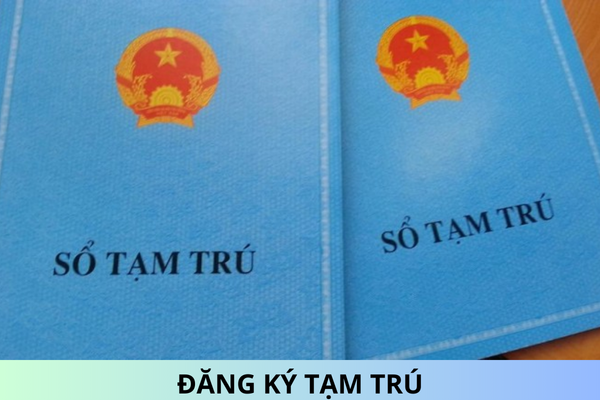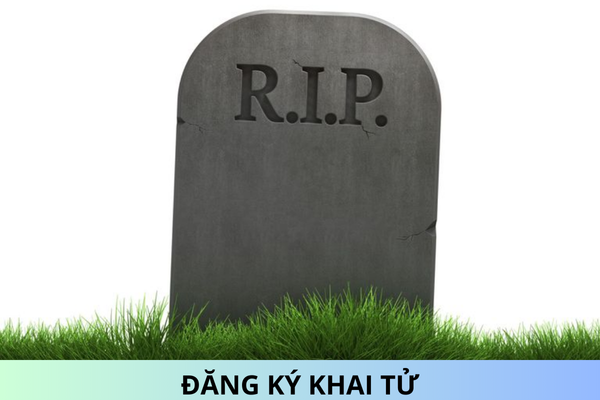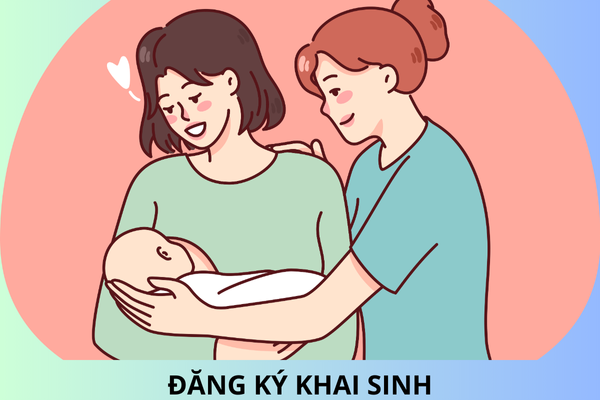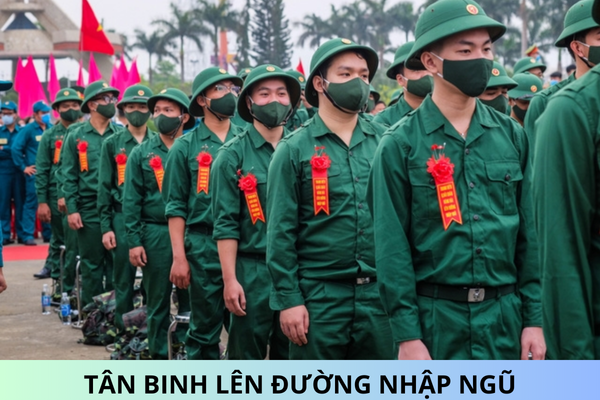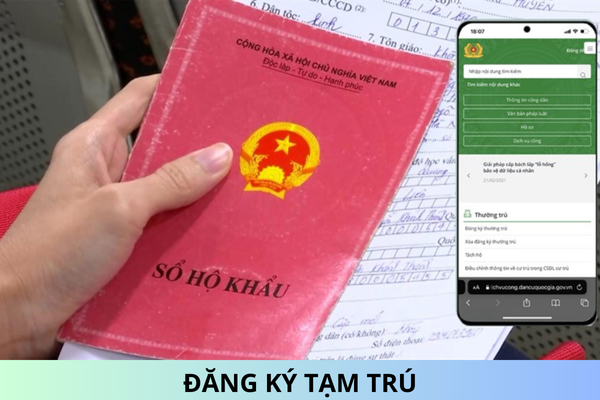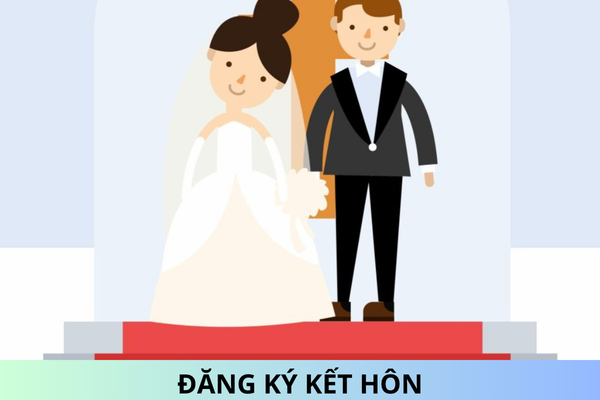What reasons for unilateral divorce are accepted by the court in Vietnam?
What reasons for unilateral divorce are accepted by the court in Vietnam? Thank you! - Mr. Tam (Hung Yen)
What reasons for unilateral divorce are accepted by the court in Vietnam?
Currently, there are 2 types of divorce according to the Law on Marriage and Family in 2014, which are: Divorce by mutual consent and Divorce at the request of one spouse.
The reasons for unilateral divorce that the court accepts fall under the cases specified in Article 56 of the Law on Marriage and Family in 2014, as follows:
[1] The spouse of a person declared missing requests a divorce
This grounds for divorce is also referenced in Clause 2 Article 68 of the Civil Code in 2015. In the case where the spouse of a person declared missing seeks a divorce, the court will handle the divorce according to the legal provisions on marriage and family.
Thus, if a person is declared missing by the court, their spouse has the right to request the court to handle the divorce. In this case, the request will be accepted, and the court will proceed with the divorce for the requesting party.
[2] Spouse with domestic violence behavior
Domestic violence is something no one desires in a marriage. It involves actions by a family member that cause harm to mental, physical, economic, and emotional aspects. According to Clause 1 Article 2 of the Law on Prevention and Combat against Domestic Violence in 2022, domestic violence includes:
- Physical abuse, mistreatment, intentional harm, or other acts deliberately violating health and life.
- Verbal abuse, insults, attacks on honor, dignity.
- Expulsion, isolation, frequent psychological pressure leading to serious consequences.
- Obstruction of the exercise of rights and obligations of family members.
- Forcing sexual relations.
- Coercion, hindrance to voluntary marriage, progress.
- Damaging, violating the common property of the family or other family members.
- Forcing family members to work excessively, controlling their income.
- Unlawfully forcing family members out of their residence.
[3] Spouse seriously violating their rights and obligations
Serious violations of the rights and obligations of the spouse, leading to a severe state of marriage, an unsustainable shared life, and unattainable marriage goals, are also grounds for unilateral divorce accepted by the court.
In this regard, spouses have rights and obligations as stated in Chapter 3 of the Law on Marriage and Family in 2014. Specifically:
- Spouses are equal, with equal rights and obligations in all aspects within the family, in the exercise of the rights and obligations of citizens.
- Spouses have the duty to love, be faithful, respect, care for, and support each other; sharing and performing family tasks together.
- Spouses have the obligation to respect, preserve, and protect each other's honor, dignity, and reputation; respect each other's freedom of belief and religion.
* Serious state of the spouses
A serious state of spouses includes actions such as spouses not caring for or helping each other, meaning each person only cares about themselves, disregarding the desires of the spouse.
- Spouses do not love, value, care for, or help each other: One person focuses on their duty while neglecting how the other spouse wants to live.
- Spouse constantly engages in abusive behavior: Regularly involves physical violence or other acts that violate the honor, dignity, and reputation of the other spouse.
- Lack of loyalty in marriage: Involvement in extramarital affairs.
Note: These cases have been warned and mediated by their close relatives or organizations multiple times.
* Unsustainable shared life of the spouses
If one of the above cases occurs in reality, has been warned and mediated multiple times but continues, it is considered an unsustainable shared life.
* Unattainable marriage goals
The purpose of marriage is to achieve a good life for individuals. If the manifestations mentioned above cannot be achieved, the marriage is considered to have failed to achieve its purpose.
What reasons for unilateral divorce are accepted by the court in Vietnam? - image from internet
What is the court fee for divorce in 2024 in Vietnam?
Pursuant to Section A of the the List of court costs and fees issued together with the Resolution 326/2016/UBTVQH14 stipulating the court fee for divorce in 2024 in Vietnam as follows:
First-instance civil court cost
|
No. |
Types of cost |
Amounts |
| 1 |
Civil, marriage and family and labor disputes without a monetary value |
300.000 VND |
|
2 |
Civil, marriage and family disputes with a monetary value |
|
|
2.1 |
From 6.000.000 VND or lower |
300.000 VND |
|
2.2 |
From over 6.000.000 VND to 400.000.000 VND |
5% of the value of disputed property |
|
2.3 |
From over 400.000.000 VND to 800.000.000 VND |
20.000.000 VND + 4% of the value of disputed property which exceeds 400.000.000 VND |
|
2.4 |
From over 800.000.000 VND to 2.000.000.000 VND |
36.000.000 VND + 3% of the value of disputed property which exceeds 800.000.000 VND |
|
2.5 |
From over 2.000.000.000 VND to 4.000.000.000 VND |
72.000.000 VND + 2% of the value of disputed property which exceeds 2.000.000.000 VND |
|
2.6 |
From over 4.000.000.000 VND |
112.000.000 VND + 0,1% of the value of disputed property which exceeds 4.000.000.000 VND |
Appellate civil court
|
No. |
Types of cost |
Amounts |
| 1 |
Civil, marriage and family and labor disputes |
300.000 VND |
What are cases of divorce that are eligible for full remission of court cost advances and court costs in Vietnam?
Pursuant to Article 12 of the the Resolution 326/2016/UBTVQH14 stipulating full remission of court cost and fee advances and court costs and fees as follows:
Full remission of court cost and fee advances and court costs and fees
1. The following cases are eligible for the full remission of court cost advances and court costs:
a. Laborers who file lawsuits to request for payment of salaries, job loss allowance, severance allowance, social insurance payout, compensations for labor accidents or occupational diseases; settlement of claims for damages or compensations for unlawful dismissal or labor contract termination.
b. Persons who claim support or request identification of parents for minor children or adult children who have lost their civil act capacity.
c. Persons who lodge complaints about or file lawsuits against administrative decisions or acts of applying education and administrative measures in communes, wards or townships;
d. Persons who claim compensations for their life, health, honor or dignity.
dd. Children; poor individuals and households; the elderly; the disabled; people with meritorious services to the revolution; ethnic minority groups in severely disadvantaged communes; relatives of martyrs who are issued with the martyr certificates by competent regulatory agencies.
2. Entities mentioned in clause 1dd of this Article are eligible for the full remission of court fee advances and court fees according to clause 1, Article 4 hereof.
3. If the parties agree that one party shall be subject to the whole court cost or a partial court cost while this party is eligible for the full remission of court costs, the court shall consider approving the full remission of the partial court cost to which such party is subject as specified in the regulations hereof. This party is not eligible for the full remission of the court cost and fee which they pay for another party.
As regulations above, following cases are eligible for full remission of court cost advances and court costs in Vietnam:
- Laborers who file lawsuits to request for payment of salaries, job loss allowance, severance allowance, social insurance payout, compensations for labor accidents or occupational diseases; settlement of claims for damages or compensations for unlawful dismissal or labor contract termination.
- Persons who claim support or request identification of parents for minor children or adult children who have lost their civil act capacity.
- Persons who lodge complaints about or file lawsuits against administrative decisions or acts of applying education and administrative measures in communes, wards or townships;
- Persons who claim compensations for their life, health, honor or dignity.
- Children; poor individuals and households; the elderly; the disabled; people with meritorious services to the revolution; ethnic minority groups in severely disadvantaged communes; relatives of martyrs who are issued with the martyr certificates by competent regulatory agencies.
Best regards!
